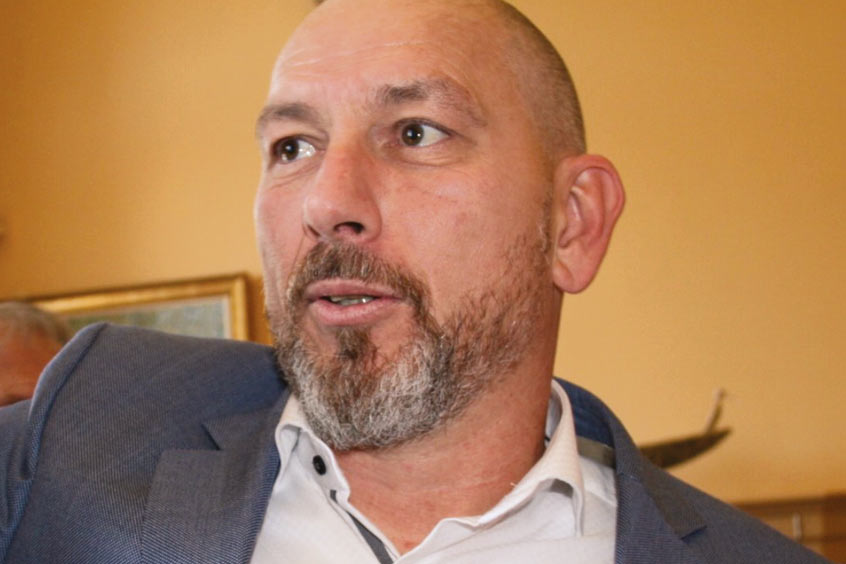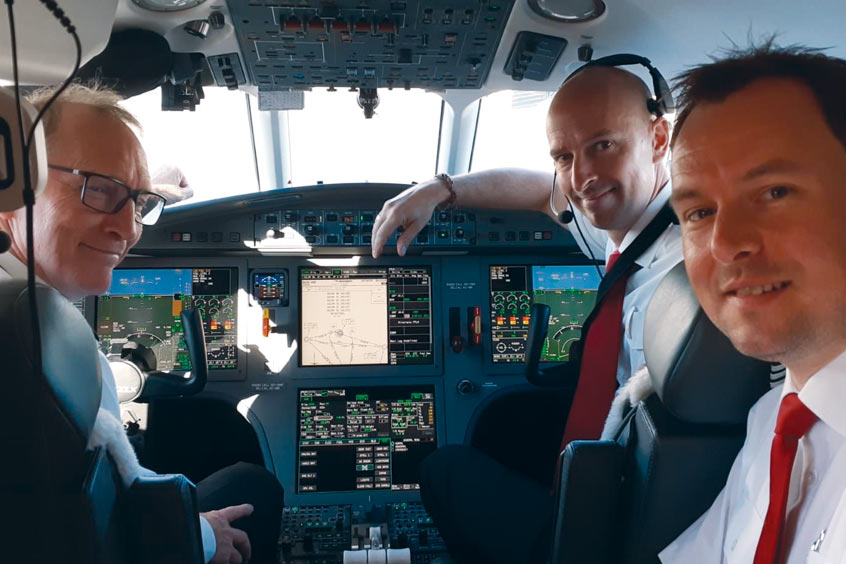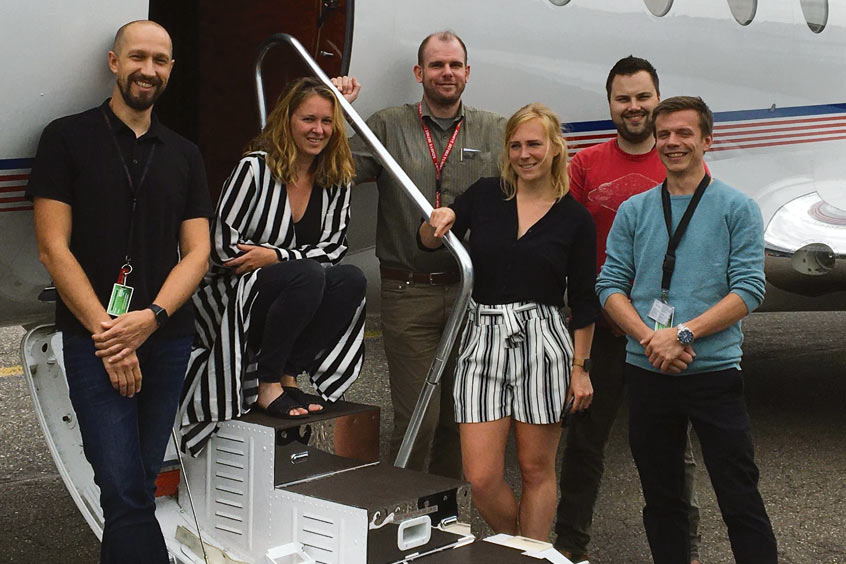ACE 2026 - The home of global charter.
 The bimonthly news publication for aviation professionals.
The bimonthly news publication for aviation professionals.





European operator Flyinggroup recently travelled to Haiti to bring 10 orphaned children back to their new adoptive families. A Falcon 900LX carrying mouth masks, medical equipment and some toys was used for the mission, and the flight crew of three pilots and a flight attendant took an unusual route from Antwerp to Brussels, on to Pointe-à-Pitre in Guadeloupe before touching down at Toussaint Louverture International in the Haitian capital of Port-au-Prince. On the return leg, the crew flew to Santa Maria airport in the Azores, and then on to Cologne.
“It was quite a full aircraft,” explains Flyinggroup COO Jurgen Van Campenhout. “We took fuel in Brussels, because the runway in Antwerp is not long enough take off on the MTOW. We spent a night at Pointe-à-Pitre International for crew rest, and then we flew from there on to Haiti. We decided not to take any fuel there, because we had some doubts about the quality.
“It was a challenging operation. It took us nearly 12 days to properly prepare the flight. The routing we did is not the most ideal. Normally we could have gone directly from Brussels to Haiti, and then fly straight from Haiti to Cologne. But that would require an overnight in Haiti, which was not possible due to the pandemic and the restrictions on crew getting in and having to be quarantined and so on.”
The fuel was another factor that forced the route change: “There are few aircraft flying in to Haiti, so the fuel may have been there for quite a long time, meaning that it has more time to be contaminated and to go bad, which is of course a risk that you don’t want to take when you are crossing the Atlantic. We could have had the crew rest in Santo Domingo in the Dominican Republic, which is on the same island, but overnight stops were not allowed there due to the pandemic. The plan we went with in the end was really our Plan C, but it was the only one that seemed feasible and safe.”
The operator has found that, as suddenly as flying stopped, it has started up again just as suddenly. In March and April it still flew a bit, mainly for repatriations, then from mid April until end of May the market was all but dead. “Borders were closed. It has been nightmare, operationally and logistically,” Van Campenhout continues. “But since the beginning of June the small and medium aircraft have been picking right up. We are not quite back to normal, however, because the long haul flights are still in quite a crisis.
“We occasionally fly to South America, as we did with Haiti. We have performed relief flights all over the world. The Caribbean islands are slowly reopening now; we are flying for an owner in Pointe-à-Pitre, moving some people around at the start of July. Longer haul flights are on a case by case basis; each island has its own rules.
“Europe is not back to normal, but everyone is flying again. Our CJs are back to 60-80 hours for the month of June, which I would say is normal. It’s all leisure flying. The corporate flying is not happening at the moment.”